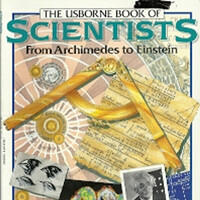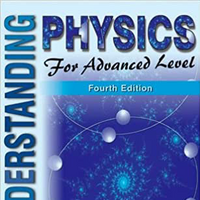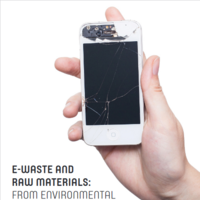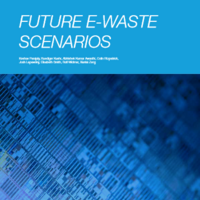Search
Books+
Searching 1,73 books
Search related to the career Nuclear Engineer
Responsibilities of a Nuclear Engineer:
1. Designing and Developing Nuclear Systems: Nuclear engineers are responsible for designing and developing nuclear systems, including reactors, power plants, and other nuclear facilities. They analyze requirements, conduct feasibility studies, and create detailed plans for construction and operation.
2. Conducting Research and Development: Nuclear engineers are involved in conducting research and development activities to improve nuclear technologies and processes. They explore new methods for enhancing safety, efficiency, and sustainability in nuclear energy production.
3. Ensuring Nuclear Safety: Safety is a critical aspect of nuclear engineering. Nuclear engineers are responsible for ensuring the safe operation of nuclear facilities, including implementing safety protocols, conducting risk assessments, and developing emergency response plans.
4. Monitoring and Maintaining Nuclear Systems: Nuclear engineers monitor the performance of nuclear systems, including reactors and power plants, to ensure their efficient operation. They conduct regular inspections, perform maintenance tasks, and troubleshoot any issues that arise.
5. Managing Nuclear Waste: Proper management of nuclear waste is essential to prevent environmental contamination. Nuclear engineers develop strategies for the safe disposal and storage of nuclear waste, minimizing its impact on the environment and public health.
6. Collaborating with Multidisciplinary Teams: Nuclear engineers often work in multidisciplinary teams, collaborating with scientists, technicians, and other engineers. They contribute their expertise to projects, coordinate activities, and ensure effective communication among team members.
7. Regulatory Compliance: Nuclear engineers must adhere to strict regulatory guidelines and standards set by government agencies. They ensure compliance with safety regulations, licensing requirements, and environmental policies.
8. Assessing and Mitigating Risks: Nuclear engineers assess potential risks associated with nuclear systems and develop strategies to mitigate them. They analyze data, perform simulations, and implement safety measures to minimize the likelihood of accidents or incidents.
9. Providing Technical Consultation: Nuclear engineers may provide technical consultation to organizations, government agencies, or other stakeholders. They offer expert advice on nuclear energy projects, policy development, and regulatory compliance.
10. Continuous Learning and Professional Development: Nuclear engineers stay updated with advancements in nuclear technology through continuous learning and professional development. They attend conferences, participate in training programs, and engage in research to enhance their knowledge and skills.
Please note that the specific responsibilities of a nuclear engineer may vary depending on their specialization and the industry they work in.
Source: Various AI tools
Uhandisi
Searched in English.


































